There are fewer hot potatoes in grocery right now than the living wage.
Concerted efforts by campaigners - including high-profile stunts at agms - plus the introduction of George Osborne’s new national living wage have lodged the fair pay debate firmly at the forefront of public consciousness.
This has put employers in a tricky spot. Adding a few pence to the wages of hardworking staff sounds so much like the right thing to do, it is hard for concerns about the impact of the national living wage - and the even higher hourly rate suggested by the Living Wage Foundation - to come across as anything but stone-cold corporate greed.
“Shoppers want a fair deal in store and a fair deal for staff - but higher prices are a real worry”
Julia Glotz, managing editor
This is true of employers in all sectors, but as our special report this week makes clear, the living wage debate is a particularly thorny one for the major grocers. Consumers have a special relationship with the people they buy their food from, and while they might have sympathy for a local indie struggling with increased wage bills, they are less inclined to feel the same about a big supermarket with a CEO on a multimillion package.
The industry may have compelling facts and figures on their side to challenge perceptions - popular staff reward packages and the impact of hasty basic pay increases on jobs among them - but so far this appears to have failed to cut through with the public. Our exclusive survey on shopper attitudes to the living wage shows the vast majority of consumers intuitively side with the workers. Shoppers want a fair deal in store and a fair deal for staff. But our survey also makes clear there is already concern about how higher wages might affect grocery prices. If higher wage bills were to force up prices in stores, public enthusiasm for the living wage could be short-lived.
Many supermarkets will bear this in mind as they work out pay strategies. What might force their hand are the discounters. While Aldi and Lidl are tightlipped for now, some experts see them as ideally placed to make a splash in grocery’s living wage debate. Given how they have disrupted UK grocery pricing, it’s a prospect that should make supermarket chiefs nervous.

Julia frequently appears on radio and TV as a commentator on grocery retail and the politics of food and food sourcing, and has worked extensively on food authenticity and fraud issues. In 2013, she headed up The Grocer’s coverage of the horsemeat scandal.
Prior to joining The Grocer in 2010, Julia was editor of New Media Markets, a trade publication for the TV industry. She started her career as a staff writer for The Legal 500 at publisher Legalease. @juliaglotzView full Profile











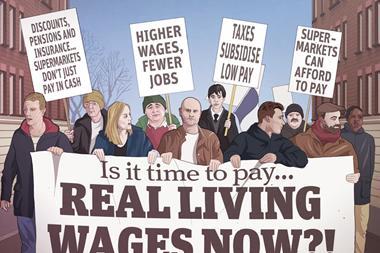
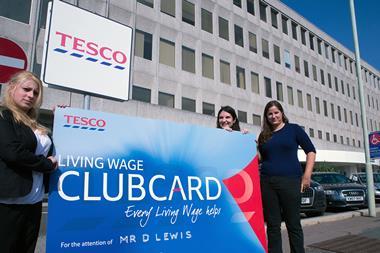
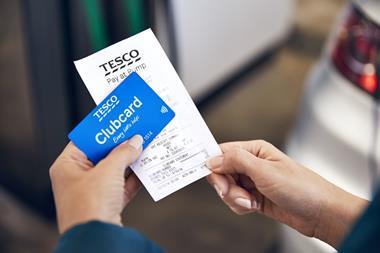

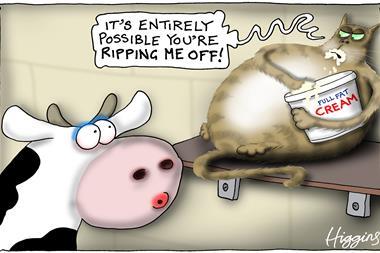
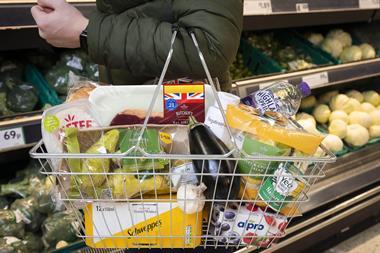


No comments yet